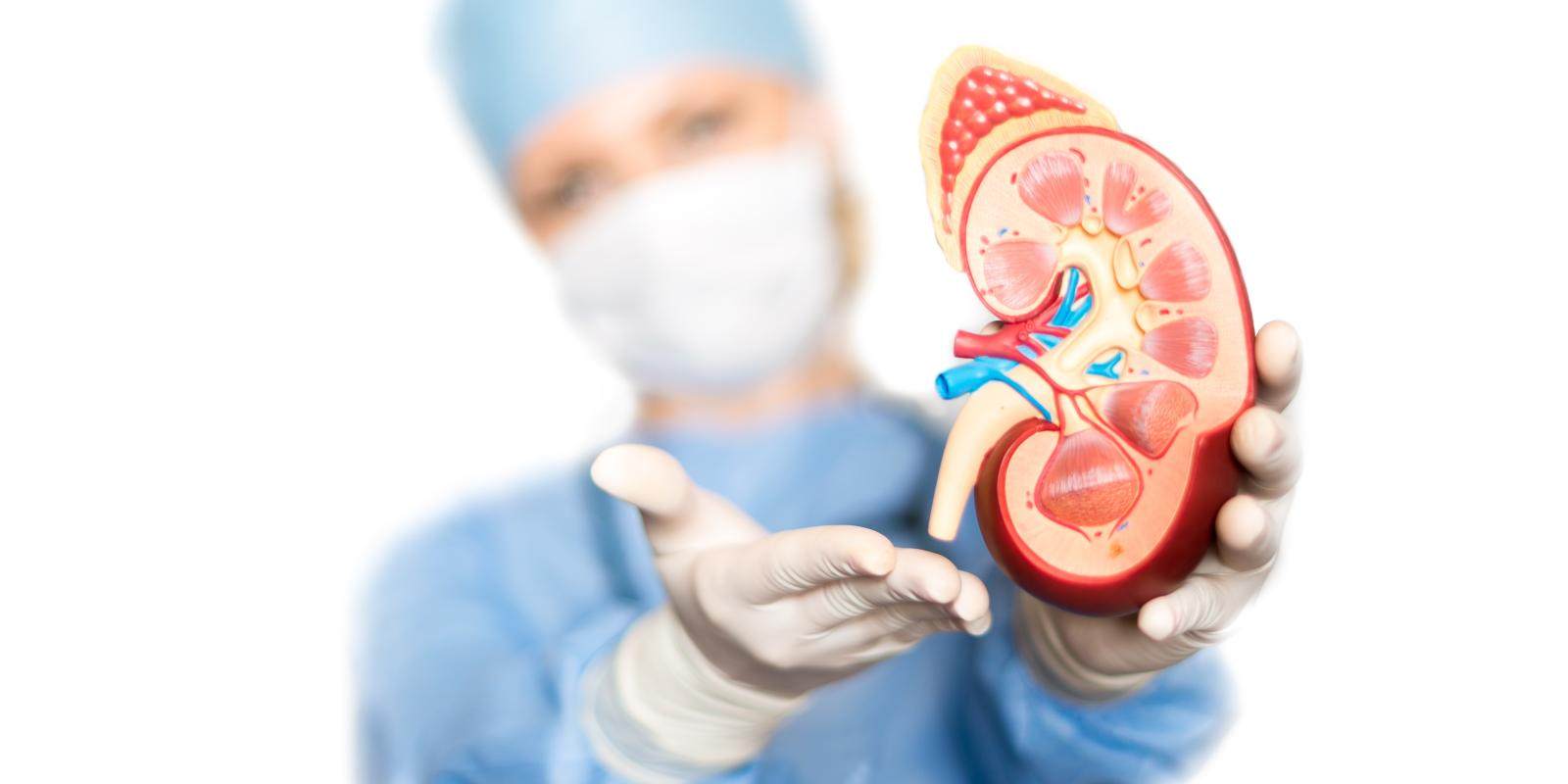
Signs and symptoms of kidney disease

- Medically reviewed by
- AKF's Medical Advisory Committee
- Last updated
- March 31, 2025
What are the early signs and symptoms of CKD?
In the early stages of CKD (1-3), you might not notice any symptoms at all. A symptom is something you feel or experience, while a sign is something a doctor can measure or observe, even if you don't notice it. Symptoms of CKD don't usually appear until your kidney function is already moderately to severely damaged. It's often discovered by blood or urine tests.
Early signs can include:
- Foamy urine: This can indicate protein in your urine (proteinuria).
- Swelling: You may experience slight swelling in your hands, feet, or ankles (edema).
- High blood pressure: one of the most common signs of kidney damage.
If symptoms appear, they might include:
- Feeling more tired than usual (fatigue)
- Changes in urination, such as needing to pee more or less often
What are signs and symptoms of advanced CKD?
In the later stages of CKD (Stages 4-5), signs and symptoms become more noticeable
Some signs may include:
- Foamy or discolored urine: This could be a sign of protein (proteinuria) or blood in the urine (hematuria).
- Abnormal lab results: high creatinine or low eGFR indicate reduced kidney function
- High blood pressure: This is both a cause and sign of kidney disease
Symptoms may include:
- Nausea and vomiting
- Loss of appetite
- Persistent itching
- Muscle cramps
- Trouble breathing or shortness of breath
- Severe swelling in hands, feet, or ankles
- Making less urine than usual
- Fatigue and low energy
- Difficulty sleeping, including insomnia or restless leg syndrome
- Emotional challenges like depression, anxiety, or feelings of isolation
- Cognitive issues, such as trouble concentrating or "brain fog"
What causes the symptoms I'm experiencing?
As your kidney disease gets worse, it gets harder for your kidneys to filter waste from your blood.
As waste products build up in your blood you may feel tired, nausea, and have difficulty concentrating.
A buildup of fluid in your body can cause:
- Swelling
- Breathlessness
- High blood pressure
Side effects of medicines
Water pills (diuretics): may cause dehydration or changes in electrolytes, which can cause muscle cramps or weakness.
Phosphate binders: Help control phosphorus levels but may cause upset stomach or constipation.
Blood pressure medicines: can sometimes to lead to dizziness, fatigue, or low blood pressure.
Emotional and mental impact of CKD
Managing CKD can be overwhelming and may lead to anxiety, depression, and fatigue. Balancing treatment with daily responsibilities may also cause sleep problems or low energy, making it more difficult to keep up with daily activities, maintain a healthy routine, and focus on self-care. Finding support and making small lifestyle changes can help improve both your physical and mental well-being.
For mental health support and resources, visit AKF Mental Health & Kidney Disease page
What can I do to manage my symptoms?
Physical symptoms:
- Fatigue:
- If you're tired because of low red blood cells (anemia), doctors may give you treatments to boost red blood cell production, like special medicines or iron supplements.
- Exercise can also help improve your energy.
- Swelling (Edema):
- Reduce salt in your meals to help prevent fluid buildup.
- Your doctor may prescribe water pills (diuretics) to help get rid of extra fluid.
- Nausea and loss of appetite:
- Changing your eating habits to reduce waste buildup in your body can help you feel less sick.
- If needed, your doctor might give you medicine to stop nausea.
- Itching:
- Use lotions to keep your skin moisturized or take allergy medicines if needed.
- If the itching is caused by too much phosphorus in your blood, medicines to lower phosphorus can help.
Mental health symptoms
- Depression and anxiety:
- Talk to a counselor or therapist for support.
- Join support groups to meet others living with kidney disease.
- Ask your doctor about medicines that can help with depression or anxiety.
- Sleep Issues:
- Practice healthy sleeping habits (consistent bedtime, avoiding screens before bed).
- If issues like restless legs or trouble breathing are keeping you awake, talk to your doctor about treating them.

